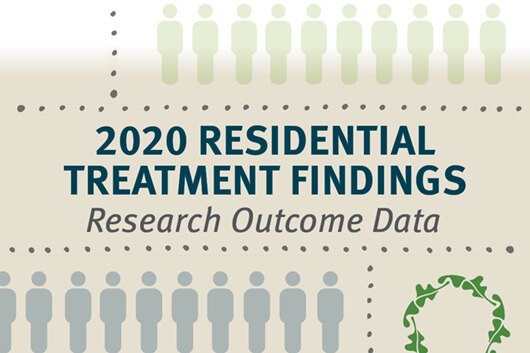Using substances is common for millions of Americans. Occurrences of alcoholism and substance use disorder are both higher than ever before. The challenge of people self-medicating is the belief they are doing it to feel better, when in fact, they are doing it to feel numb. Over time, this can lead to harmful dependency. Due to past trauma, social pressure, a desire to feel a certain way, or to escape reality, it can be hard to navigate life without using substances. It seems the easier way to handle life, but it can get out of control quickly. Self-medicating can be harmful, so it helps to look at how people start using substances and how to support a loved one who needs help.
How People Self-Medicate
People self-medicate for all kinds of reasons. They may want to numb pain, or alleviate anxiety, and even deal with past trauma. Symptoms of physical pain can be difficult to escape without medication, but some medicines are more addictive than others. Here are some of the drugs people may use to self-medicate:
- Stimulants like meth, Adderall, or other similar medications that increase energy and focus while combating depressive symptoms.
- Central nervous system depressants like alcohol, benzos, and sleep aids.
- Opioids, including heroin, OxyContin, Vicodin, or pain relievers that enhance relaxation.
- Marijuana to elevate mood, relax, and take a break from reality.
Prescription and illicit drugs may be used for purposes of self-medication. Anyone who suffers from physical or emotional discomfort may use them in this way.
How Trauma Plays a Role
A trigger or stressor can be something big or small. When it happens to someone, it feels like a big deal. The death of a loved one, getting divorced, or moving are all significant stressors in someone’s life and often cause some form of trauma to the person. There is also the fact that past trauma can impact the brain in ways that make a person seek out self-medication options. Substances or alcohol may seem helpful for a time to the person using them. Still, they represent the genuine danger of developing substance use disorder. Many times a person may use a substance to maintain a certain level of comfort and become trapped in a cycle of substance use. Long-term, chronic stress can cause someone to turn towards substances for relief or as tools to forget. There may actually be damage to parts of the brain that control impulses and inhibit making the right decisions. Childhood trauma can be the catalyst that makes a person turn to self-medicating to cope with the long-lasting effects, rather than receive the required support and counseling to deal with the aftermath.
PTSD
Post-traumatic stress disorder (PTSD) can cause a person to feel like they are living in an alternate reality. Veterans and first responders often suffer from PTSD, but anyone who has suffered abuse, physical, or emotional trauma is a candidate for PTSD. Alcohol is readily available, socially acceptable, and commonly used for self-medication purposes. When symptoms of PTSD increase in severity, the more potent the self-medication the sufferer may seek out.
Serious Mental Health Issues
Nearly half of all people who suffer from a serious mental illness will also struggle with a substance use disorder in their lifetime, according to the National Alliance on Mental Illness. The stress brought on by mental health issues can lead people to self-medicate the untreated side effects. A severe mental illness can interfere with a person’s daily life and make it hard to function within the parameters of society. Untreated health issues, especially mental health, can cause someone to turn towards substances for relief, especially when adequate healthcare is not available.
The American Journal of Psychiatry reported that people who suffer from schizophrenia use tobacco, alcohol, and marijuana at higher rates than the general public. People with bipolar disorder often experience extreme mood swings. They may regularly self-medicate with alcohol, marijuana, cocaine, or opioids depending on the severity of their symptoms, as published by the National Institute on Drug Abuse.
Seeking Help
Repeated substance use can alter brain chemistry over time. It also decreases motivation, pleasure, and reward-processing. The brain cannot handle regular substance use without forming a dependency. The brain may not seem to function at an optimal level unless more and more self-medicating takes place. This can lead to worsened mental health symptoms and increased stress levels and puts a person in danger of withdrawal if the self-medicating stops. Medications are often used during medical detox to help combat the agony of withdrawal. When someone is in treatment or medical detox, taking additional substances or drinking alcohol can interfere with treatment and prescribed medications for the root mental health issues. Co-occurring medical and mental health disorders mean a person struggles with more than one disorder at a time and needs the proper treatment supervised by professionals. The best way to seek help is through certified treatment programs that offer a wide variety of services and supports the individual’s overall care from detox to aftercare.
Ashley Addiction Treatment is an innovative treatment program located on Maryland’s Chesapeake Bay. Ashley provides support for professionals seeking help with addiction. We are able to help people with co-occurring disorders and offer confidential treatment programs to meet your needs. Please reach out to us today at 800-799-4673.




